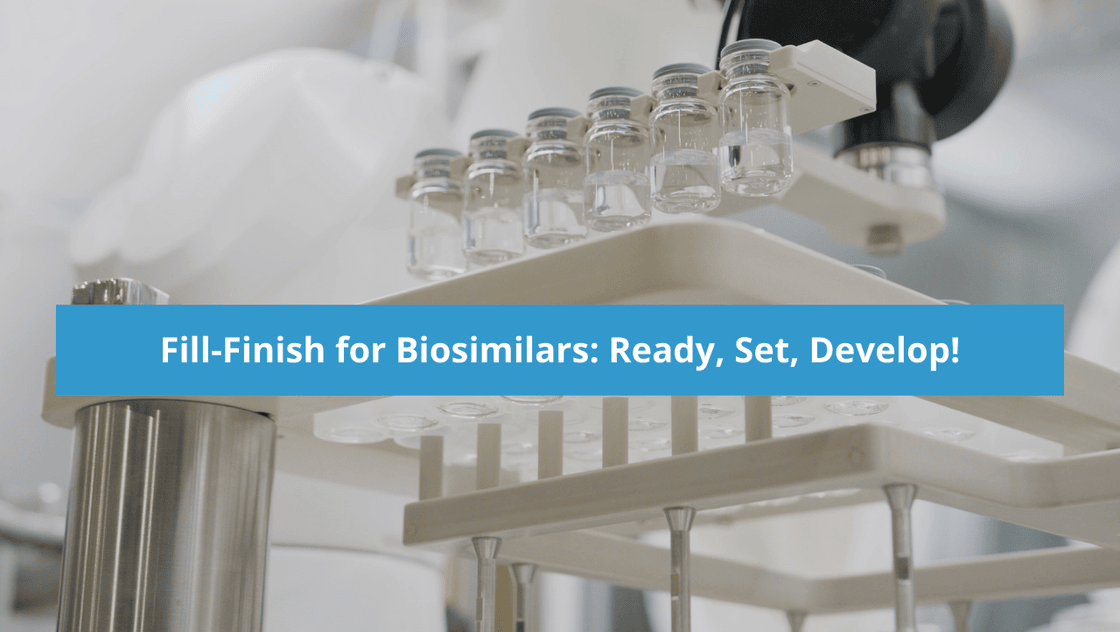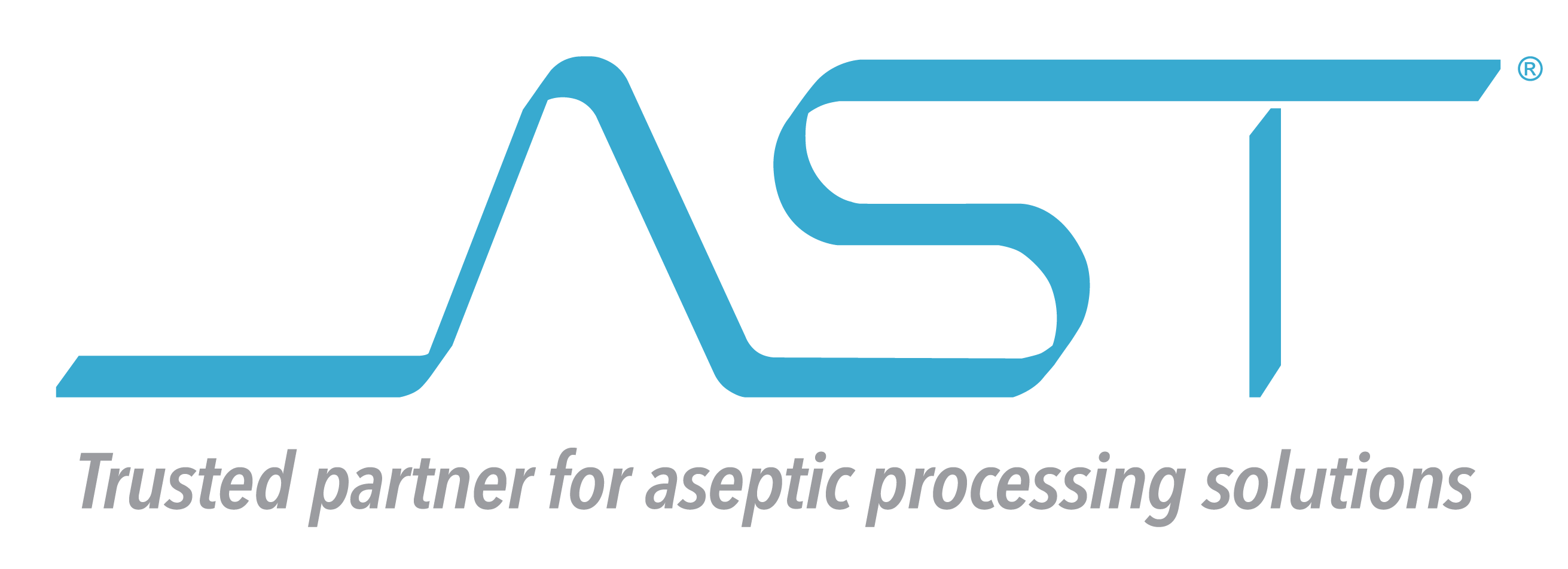Fill-Finish for Biosimilars: Ready, Set, Develop!

One of the most intriguing, high-stakes aspects of R&D is the realm of biosimilars. As defined by the FDA, biosimilars are “a biologic that is highly similar to and has no clinically meaningful differences in terms of safety, purity, and potency (safety and effectiveness) from an existing FDA-approved biologic, called a reference product.” Biosimilar production is an exciting and challenging undertaking for any biopharmaceutical operation; exciting because a patent on a typically highly effective, highly valuable biologic has expired, making it possible for a related biologically similar product to be produced, often at a much more accessible price point. It’s challenging because, unlike the development of standard generic drugs, biosimilars have a high rate of failure during the R&D process and, regardless of success or failure, represent a substantial financial investment. This is often due to the nature and fragility of biosimilar products, which have high regulatory standards that vary across biologic subsets and require near-perfect data traceability throughout the drug development process.
The risk of failure, though, hasn’t dissuaded the biosimilar market. The remarkable benefits to patient care as these products become more available are clear: On average, the price of a biosimilar is more than 50 percent less than its brand name counterpart, and many consider the future development of biosimilars as a viable tool to alleviate burden on healthcare systems worldwide. What’s more, over the next five years, total sales for biosimilars could reach as high as $80 billion. The stimulus of expiring patents will continue to prompt development as 31 Biologics patents are slated to expire in that same time frame. These considerations will continue to push the biopharmaceutical industry to find ways to efficiently and effectively produce biosimilar products.
Cost, Quality, and Speed, Oh My: The Challenges of Biosimilar Production
The investment of both time and financial resources in the production of Biosimilars is substantial. According to the National Institutes of Health, a biosimilar can take anywhere from 8-10 years to develop and obtain approval, with an average cost of up to $300 million according to recent estimates. As with any biologic, maintaining quality throughout and stewarding the fragile, high-value product is key to any approval and launch. Data control measures, quality standards, and safe, viable product delivery are all areas a biopharmaceutical manufacturer must optimize for to make a product’s launch a reality. The final differentiator that any prospective biosimilar manufacturing operation must prioritize is speed to market. For the long-term health of an operation, especially regarding maximizing ROI, speed is nonnegotiable, as analysis shows those first to enter a market command a larger market share long-term. And while speed to launch and stringent product quality may seem like opposing interests, their partnership is integral to the future of patient-centered medicine.
Once a patent on an eligible biologic expires, the race is on, and manufacturers should have an optimized aseptic processing solution in place to put their best foot forward. But what does that look like in practical terms?
Aseptic Processing Considerations for Biosimilars
With the exciting growth of the biosimilar market and biologics more generally in recent years, a proof of concept has been demonstrated time after time: aseptic processing operations outfitted with robotics and automation are ideal for small-batch, high-value biologic medicines. A biopharmaceutical manufacturer shouldn’t just be looking to utilize these tools but should also identify aseptic fill-finish operations that specifically take into account the demands and challenges of biosimilar productions. A modular, automated fill-finish solution has been shown to reduce time-to-market for biosimilar medicines and provides the exact end-to-end data traceability and quality control needed to launch these vital products. A biosimilar fill-finish machine should feature:
- 100 percent data and product traceability, featuring incorruptible data records and real-time in-process checks
- Low shear, low agitation of the product to reduce product loss/compromise
- Single-use technology that reduces the risk of product contamination
- Fully integrated automation between the fill line and isolator technology, eliminating the need for high-risk human intervention
- Automated, low-risk setting for Environmental Monitoring System
- A variety of RTU syringes and containers, including silicone-free-options, designed for a temperature-controlled setting
As the life sciences industry looks to improve the production process and raise the rate of successfully launched biosimilar products, AST is here to help your organization leverage automated and semiautomated aseptic systems – Contact our experts today!

